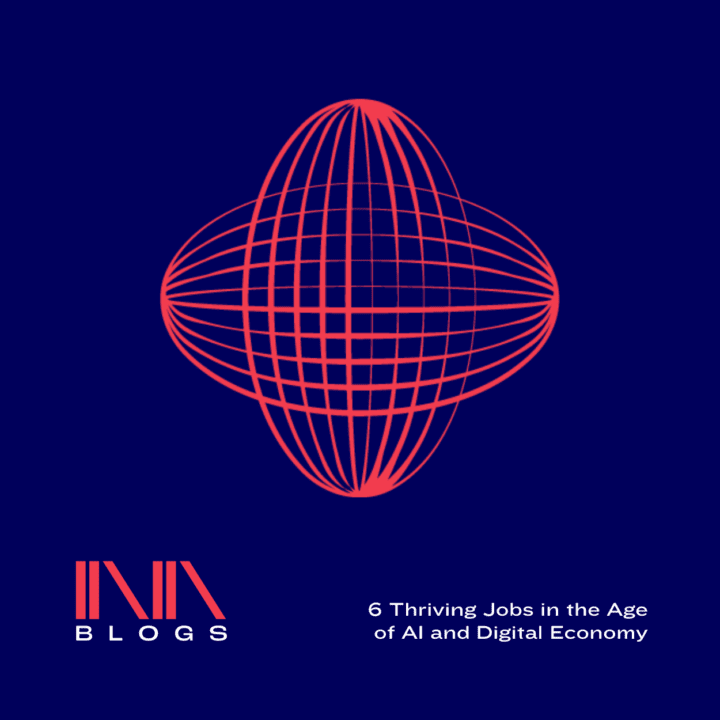Introduction
In today’s rapidly changing economic landscape, the concept of the Precariat has emerged as a defining feature of our times. In this podcast episode, host Ina O’ Murchu interviews Prof Guy Standing, a British Professor of Development Studies, about the concept of “The Precariat” and the growing support for Basic Income. Defined as a social class characterised by job insecurity and economic precarity, the Precariat represents a growing segment of the population grappling with the challenges of an uncertain future. In this blog post, we delve into the profound implications of the Precariat and explore Basic Income as a potential solution to address these pressing issues.
The Emergence of the Precariat
The Precariat Class
The Precariat class has come to the fore as a result of globalisation and the rise of neoliberal capitalism. These forces have reshaped the employment landscape, leading to widespread job insecurity and economic instability.
Challenges Faced by the Precariat
The Precariat experiences a lack of job security, with many individuals relying on short-term contracts, gig work, or part-time employment. They often face economic insecurity, struggle with low wages, and lack access to benefits such as healthcare and pensions. This precariousness breeds anxiety and vulnerability, making it imperative to shed light on the plight of this class.
Prof Guy Standing and the Basic Income Movement
Prof. Guy Standing is a renowned British Professor of Development Studies and a leading advocate for Basic Income. His extensive research and expertise shed light on the socio-economic issues faced by the Precariat.
The Basic Income Earth Network (BIEN) is an international network of researchers, activists, and policymakers dedicated to promoting Basic Income. Prof Standing has played a crucial role in advancing the Basic Income movement through his research, writings, and advocacy.
Basic Income has gained traction among policymakers, academics, and the general public due to its potential to address income inequality, poverty, and job insecurity. The growing recognition of these problems has led to increased support for Basic Income as a viable solution.
Prof. Guy Standing Publication:
The Precariat – The New Dangerous Class
The Need for a New Income Distribution System
Income Distribution Flaws
The existing income distribution system is ill-equipped to address the challenges posed by globalisation, automation, and the gig economy. It fails to provide adequate security and stability for those in precarious employment.
Empowering Basic Income
Basic Income, as a universal and unconditional payment to all citizens, can act as a safety net, providing a basic level of income security. It enables individuals to have greater bargaining power in the labour market and pursue meaningful work without the constant fear of financial instability.
Societal Gains
Basic Income has the potential to address gender inequality by recognizing and valuing unpaid care work. It can also contribute to breaking oppressive relationships, giving individuals the freedom to make choices that align with their personal and professional goals.
Platform Capitalism and the Future of Work
Platform capitalism, exemplified by companies like Uber and Airbnb, has transformed the way people work and access services. It has created new opportunities but also raised concerns about labour rights, job security, and fair compensation.
The rentier economy, where platforms extract a significant share of value while workers face precarious conditions, requires adequate regulations to protect workers’ rights, ensure fair compensation, and prevent exploitation.
Traditional labour statistics often fail to capture the complexity of modern work arrangements, such as gig work and informal employment. A broader understanding of work is necessary to design policies that address the needs of the evolving labour market.
Government Response and Reforms
Governments have been slow to respond to the challenges posed by automation, globalisation, and the gig economy. This has led to a growing disconnect between policy frameworks and the realities of the modern labour market.
Regulating Recruitment and Contracts
Governments should implement regulations that protect workers’ rights, ensure fair employment contracts, and establish effective mechanisms for redress in cases of exploitation or unfair treatment.
Governments need to critically evaluate the existing income distribution system, considering the rise of the Precariat, growing income inequality, and the potential benefits of implementing Basic Income.
Conclusion
In conclusion, the Precariat class represents a significant segment of society grappling with job insecurity and economic precarity. Basic Income emerges as a potential solution to empower individuals, alleviate economic insecurities, and reimagine income distribution.
The rise of platform capitalism underscores the urgency for comprehensive regulations to protect workers’ rights and ensure a fair and equitable future of work. It is crucial for governments, policymakers, and societies at large to address these challenges head-on, embracing innovative solutions like Basic Income to create a more just and secure society for all.










